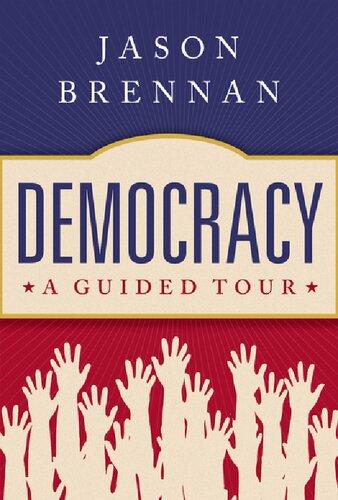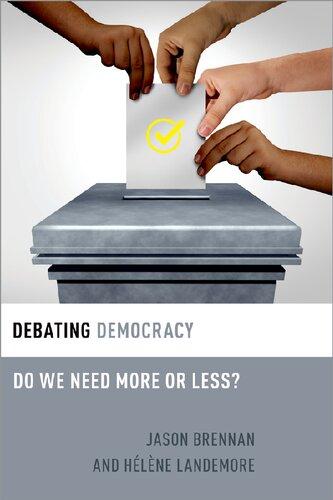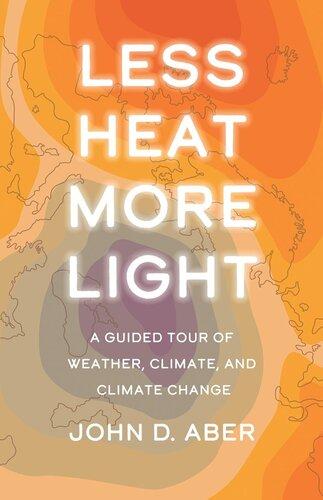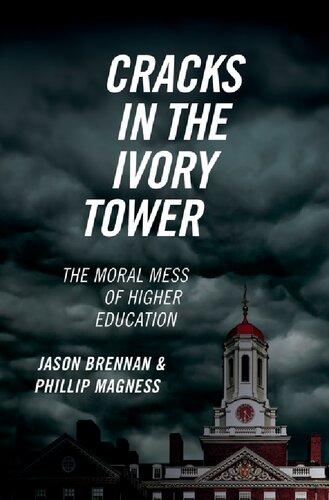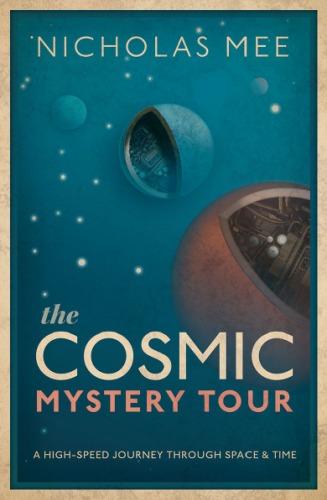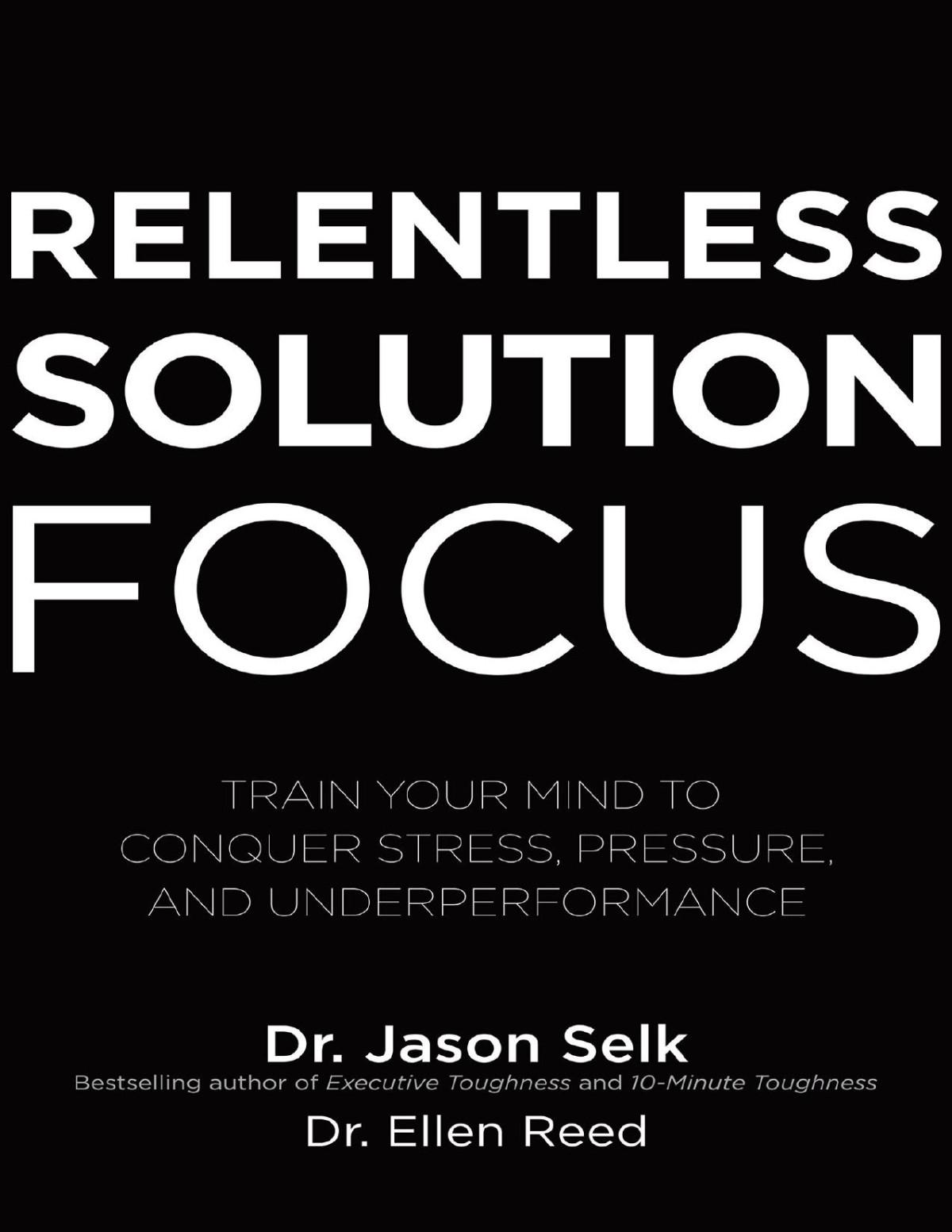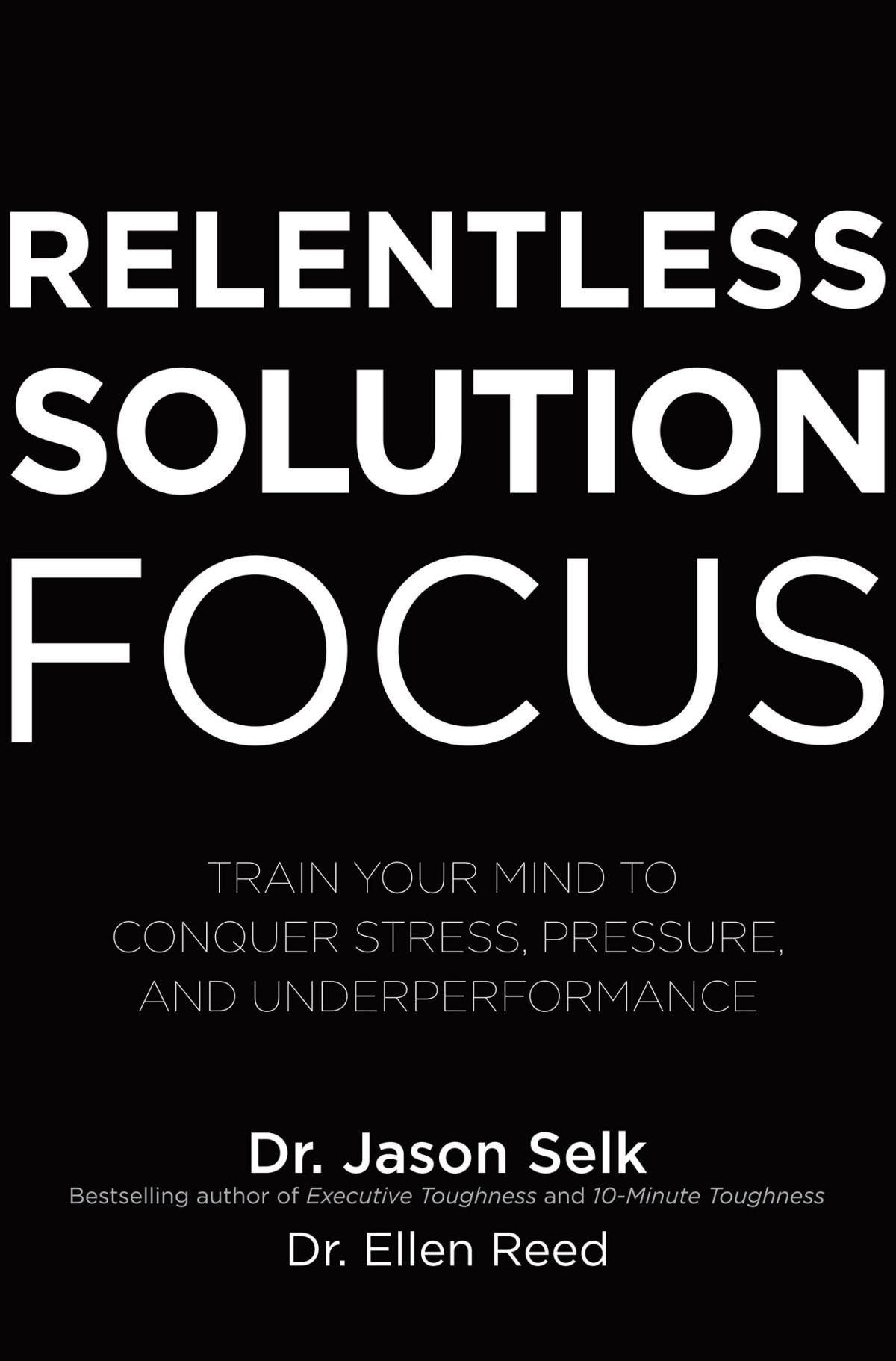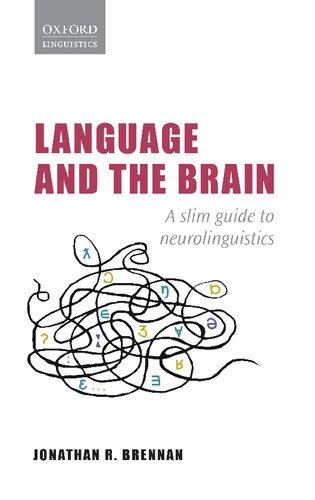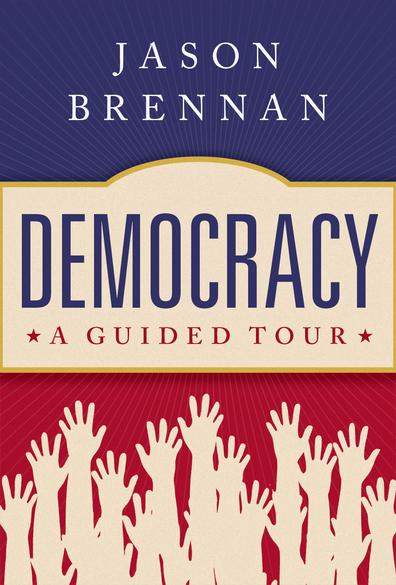1 Democracy
Why or Why Not?
For and Against
Democracy is both an obvious and dubious idea.
Here’s why democracy is an obvious idea: for most of history, most governments divided people into the few who rule and the many who obey. The few then used the state to advance their own private interests at the expense of the many. Rulers were less like noble protectors appointed by God and more like intestinal parasites. The obvious solution is to eliminate the distinction between those who rule and those who obey. Make every citizen both a ruler and a subject of that rule. This ensures government promotes everyone’s interests.
Thus, democracy is the best form of government. It’s too bad it took most of civilized history to realize this—and too bad that the world isn’t more democratic than it is.
Here’s why democracy is a dubious idea. Government decisions are high stakes. It decides matters of war and peace, prosperity and poverty, freedom or oppression. Yet we let incompetent people steer the ship of state. Most voters are ignorant and process what little information they have in biased and irrational ways. They fall prey to propaganda and demagogues. They are conformists and don’t even try to vote their interests. Democracy is the political equivalent of drunk driving.
Thus, democracy is a defective form of government. Democracy is a method by which the masses shoot themselves in their feet.
Democracy. Jason Brennan, Oxford University Press. © Oxford University Press 2023.
DOI: 10.1093/oso/9780197558812.003.0001
Philosophy students often start essays by writing, “Since the dawn of time, humanity has pondered. . . .” In this case, these arguments and concerns are old, if not dawn-of-time old. We find laypeople, pundits, social scientists, and philosophers making these two arguments today. But in ancient Athens, Socrates, Plato, and Aristotle said similar things.
Today, many Westerners assume that democracy is not only the best form of government, but also the only legitimate form. Yet, at the same time, most admit that democracy as we find it has serious problems. (Most of these problems, they’ll add, could be fixed if only their favorite party had uncontested power.)
For most of Western history, the word “democracy” was pejorative. Aristotle used the term “democracy” to refer to the degenerate or deviant form of the rule of the many. Today, you can still find smug AP US history students saying, “The United States is a republic, not a democracy.” Here, speakers insist on using the word as it was used in the 1700s, where “democracy” connoted something like the unconstrained tyranny of the majority.
But today in the West the word “democracy” also often connotes an unassailable ideal. People tend to presume that of course we ought to have democracy. The only interesting questions are which form of democracy is best or how much of life should be subject to democratic control.
Democracy is so ascendant an ideal that non-democratic countries pretend to be democratic. In 1936, Hitler held a sham referendum asking citizens whether they favor the German occupation of the Rhineland and Nazi rule. On paper, the 1936 Soviet Constitution vested the supreme power of the state in a national legislature elected through “universal, direct, and equal suffrage by secret ballot,” with voting rights extended to all women and ethnic minorities.1 But the USSR was not democratic in 1986 under Gorbachev, let alone under Stalin. Today dictators or semi-dictators—such as Indonesia’s Suharto, Egypt’s Mubarak, or Russia’s Putin—host rigged elections. In the countries where the
people have little power, the people with power nevertheless proclaim that the people empowered them.
How things have changed! Back in the day, Louis XIV, Genghis Khan, Darius and Xerxes, and Muhammed felt no compunction to pretend that they derived their authority from their subjects. Their right to rule came from God, from birth, or from the sword.
Despite democracy’s ascendant status, many scholars believe democracy is in decline. The Economist Intelligence Unit, the research division of the group that publishes the Economist magazine, produces an annual Democracy Index that rates countries on a 1–10 scale from least to most democratic. Freedom House, a US government–funded research organization, produces a similar ranking. Both hold that the total number of democracies dropped over the past twenty years. In 2020, about 70 percent of the countries in the Democracy Index received a lower overall score.2 In 2017, the Economist downgraded the United States from a “full democracy” to a “flawed democracy,” though you might wonder whether this reflects partisan disdain for Trump.3
Political theorists call this phenomenon “democratic backsliding.” Around the world, large populist movements are unhappy with democracy. People believe that their democratic governments are too slow and inefficient. They believe their democracies are captured by insiders and bureaucrats who promote elite interests but ignore the masses. The people’s response to these perceived problems is surprising: to ensure the system represents the people better, they should install a strongman and remove constraints on his power. In practice, populism leads to authoritarianism, not democracy.4
Why do people think all these ways? Why do such contradictory ideas appeal to so many, and often to the same people? This book offers part of the answer. My goal is to give you a guided tour of the best and most important arguments for and against democracy over time. I want you to understand why a reasonable person might think democracy is the ideal form of government and that all the
problems of democracy can be fixed with more democracy. I also want you to understand why a reasonable person might think democracy has built-in flaws that must be contained, or why democracy is simply bad. I want you to see why a reasonable person might think democracy is the end of history, and why a reasonable person might think the era of democracy should give way to something better.
How to Value Democracy
We value different things in different ways.
Consider how we value hammers. We regard hammers as tools. We don’t value them for their own sake, but because they help us accomplish our goals. The point of a claw hammer is to pound in or remove nails. A good hammer must be good for us as we are. A hammer fit for a giant or superhero might be a bad hammer for people like us. No one would insist on using a hammer when a different tool, like a wrench, is more effective. No one would insist on using a poor-quality hammer when a better-quality hammer is easily available.
Consider how we value paintings. A painting might be useful the way a hammer is. For instance, you could swat flies with a Matisse, or you could sell it. But we also typically care about who made the painting. If Picasso scribbles on a napkin, the napkin is worth $50,000; if I make identical scribbles on a napkin, the napkin is ruined. We also care about what the painting symbolizes or expresses, or how it makes us feel. Paintings are valuable because of their genesis and because of what they express.
Consider how we value people. Like hammers, people can be useful. Like paintings, we care about who made them or what they express. But we also tend to say that people are ends or values in themselves.
When it comes to democracy, the debate is not merely over what value democracy has, but how democracy should be valued. Perhaps
democracy is instrumentally valuable, the way hammers are. That is, maybe one way to judge democracy (and its competitors) is by asking whether democracy is useful, for real people like us, as a mechanism for delivering independent values. Maybe democracy is good because it tends to make wise decisions that track the independent truth about what justice requires. Maybe it tends to promote freedom, equal outcomes, the rule of law, general economic prosperity, good culture, tolerance, or some other values. Maybe it is good not because it makes smart decisions, but because it tends to avoid terrible decisions. Or maybe not. As we will see, many of the arguments about the value or disvalue of democracy concern things like this.
Perhaps democracy is valuable the way the paintings are. For instance, many people think that democratic decisions are rendered good and just because of who made them; democratic decisions are right because we decided them. In their view, if we the people vote to cut taxes, that makes it right to do so, but if a benevolent dictator had imposed that very same tax cut upon us for the same reasons, it would not be just or right. Or, many people think that what makes democracy good is not that it produces equal outcomes, but that it expresses the idea that we are all equal. On this view, having a democracy is like having a banner declaring “All people matter the same!” As we will see, many of the arguments about the value or disvalue of democracy concern issues like these.
Perhaps democracy is valuable as an end in itself, just as people are. Still, if people are ends in themselves, there must be something about people that makes them ends in themselves, some feature that people have that makes their lives have inherent value. (For what it’s worth, philosophers have surprising difficulty explaining what this feature or set of features might be.)5 Perhaps it is because human beings are moral agents, or can reason, or have free will, or whatnot. (If so, the philosopher Peter Singer asks, what about the human beings—such as the severely disabled, infirm, or very young—who aren’t moral agents, cannot reason, or who lack free will?)6 Similarly, if democracy is an end in itself, or if it is inherently
just and good, there must be some feature of democracy that makes it so. Perhaps it is because it is fair, equal, or free. (But what if it’s not?)
As we will see, philosophical disagreements about the value of democracy are often about how to value democracy. Is it instrumentally useful, symbolically valuable, an end in itself, and/or are democratic decisions good simply because the right people made them the right way?
The Sixth Grade Model of Democracy
Disagreements about the value of democracy often rest not disagreements about moral principles but on empirical disputes about how democracy functions. In my experience, most citizens, journalists, college students, and so on in the United States and Western Europe tend to share the same basic model of how democracy works. They share this model because they learned it in civics courses around sixth grade. Thus, let’s call this the sixthgrade model.
First, the sixth-grade model holds that citizens know their own interests, values, and concerns. The model doesn’t posit that everyone is selfish. People might care about the local or distant poor, about the future or past, about high-level values like tradition or low-level values like the price of milk. But the important starting point is that people care about things and understand their own values.
Second, the model holds that because citizens want to promote their values through politics (and other means), they learn how the world works. They discover what politics can and can’t accomplish, and how. They learn how the economy functions, what the government can do, what sorts of laws could be implemented, and what sorts of results those laws might have. They learn the relevant facts and some of the social scientific knowledge needed to understand
those facts or predict what causes what. Citizens thus adopt what we might call, non-pejoratively, an “ideology,” by which I mean an organized and largely coherent set of political principles. At the very least, they form somewhat stable preferences about what policies they want to see implemented. These ideologies result from a combination of citizens’ values plus their beliefs about how the world works. Some citizens become conservative, some left-wing, some authoritarian, some centrist, some libertarian, and so on.
Third, citizens use elections and other occasions for participation as means to implement their preferred types of policies. They thus examine the different political parties and candidates on the menu. They support the candidates and parties they think will best realize their values. Sometimes this means voting for a candidate who shares their ideology, but sometimes—if that candidate has no chance of winning—they vote for the second- or third-best option with a better shot.
At the same time, political parties and politicians want to win. They recognize that to win, they need votes, and to get votes, they need to push the policies the people want.
Political parties compete for votes the way tech companies compete for dollars. Thus, what voters want determines what the parties offer and try to do.
Because of this, after an election takes place, the winning candidates tend to share, and try to implement the values, policy preferences, and ideologies of their supporters. Lawmakers pass new laws, regulations, and policies that reflect citizens’ overall ideological preferences, or at least reflect a kind of compromise among their disparate preferences. Lawmakers will respond to the goals and preferences of the many, if not literally all.
According to the sixth-grade model, democracy disciplines winning lawmakers because they know the next election is coming. Just as Apple wants you to be a repeat customer, so do the Social Democrats or Nationalists. Politicians know that come the next election, citizens will evaluate how well they performed. If
candidates failed to keep their promises, did a bad job, were corrupt and unethical, or if the policies they implemented (even if the people wanted them) produced bad results, citizens will vote them out. (The technical term for this behavior is “retrospective voting.”)
This is perhaps the most common and widely shared empirical model of how democracy works today. It models democracy as a kind of market, so this model makes democracy seem appealing the way that markets seem appealing. Democracy is a form of trade and exchange by other means. People know their interests, and democracy enables people to get what they want.
Over the course of this book, we will examine how this kind of model arose. Some philosophers and social scientists think it is more or less correct, while others think nearly every piece of it is mistaken. But perhaps more interesting and surprising is that many of the arguments for and against democracy have nothing to do with this model at all.
Five Big Values
When people advocate democracy—even if they think democracy is an end in itself—they value it for a reason. There must be some underlying value that democracy promotes, realizes, or instantiates that explains why democracy is good or just. In this book, I will focus on five values that figure most prominently in the most important historical texts. These five values get the most discussion and seem to be something that everybody—not just professional theorists—cares about. These values are stability, virtue, wisdom, liberty, and equality.
Regarding stability, I have in mind questions and concerns like this: Will the government collapse into civil war? How can we give people enough stake in their government to ensure that they get along with each other and go along with the rules? Will there be constant factionalism and internal conflict? Will our governments
go to war with other governments, or will we have peace? Will people be willing to follow and respect the law, or will they resist it because they see it as an imposition?
Regarding virtue, I have in mind questions like these: Does democracy tend to make people morally better or worse? Does it encourage them to become active, intelligent, benevolent, and upright, or to become passive, stupid, selfish, or venal? Will it enhance or demote their character?
Regarding wisdom, I have in mind questions like these: Does democracy make smart or good choices? Does democratic decisionmaking tend to track objective or procedure-independent facts about which policies are efficient, effective, just, or good? What counts as a smart choice? Are there any external standards by which to judge the quality of democratic decisions, or are democratic decisions good simply because they are democratic? Can democracy make smart choices even if most citizens are badly informed, tribalistic, and/or irrational? Does democracy tend to promote prosperity or demote it? If we want to produce good outcomes, how much democracy is optimal, and can too much democracy be a bad thing?
Regarding liberty, I have in mind questions like these: What is freedom, and will democracy promote or demote it? Does democracy increase or reduce citizens’ ability to lead the lives they want to lead? Will government be a mechanism by which dominate others, or can democracy instead prevent such domination? Is participating in government itself a way of being autonomous or free? Does democracy merely promote freedom or is democracy itself a form of freedom? In democracy, am I forced to obey rules set by others, or does democracy somehow ensure I am bound only by laws I set for myself?
Regarding equality, I have in mind questions like these: Is democracy good because it is fair, or because it makes people equal in some important way? Is it right that there should be no division between who rules and who obeys, even if some people are smarter,
more competent, or more virtuous than others? Should democracy produce equal outcomes, or is it sufficient that it has equal inputs? How should democracy cope with actual inequalities that grant some people more de facto power than others? What should democracy do about persistent minorities who, while nominally equal, have no real power?
Over the next ten chapters, I will present the best or most important historical arguments for and against democracy in terms of these ten values. Each value will get a pair of chapters. The first chapter will be a guided tour of arguments holding that democracy realizes or enhances that value, the second will examine skeptical and critical arguments to the contrary.
You might notice these values and concerns are interrelated. For instance, the chapters on virtue will focus on how democracy affects the virtue of its citizens, including their intellectual virtue. But immediately afterward, we will examine the question of whether democratic institutions as a whole tend to make wise decisions. This is different question from—but closely related to—the question of whether democracy makes individual citizens more or less wise. Does the wisdom of the crowd depend upon the wisdom of the individual members of that crowd, or might democracy be wise even if most individual citizens are not wise? Similarly, concerns about freedom and equality are closely related. If some people oppress other people, that evinces a lack of freedom. But perhaps political inequality is the mechanism behind such oppression—people oppress others because they have differential levels of power. The solution, some say, is equal power.
This book is a historical guided tour of arguments for and against democracy. Thus, in each chapter, I begin somewhere in the West’s intellectual past and move toward the present day. Further, one reason I start with values like stability and virtue but end with freedom and equality is that people in the past tended to be more concerned with the former, while people today tend to be more
concerned with the latter. Indeed, today you see few philosophers writing about stability, but earlier theorists who had lived through civil wars, world wars, bloody revolutions, and conquests were deeply concerned about it.7 Intellectual historians get something right: what we consider important often depends on our historical contexts.
What Is Democracy?
Political theorists fight about what counts as “real democracy.” These debates about “real democracy”—about the best way to define the word “democracy”—are often ways of masking a normative disagreement about which form of democracy is best.
Definitions should facilitate discussion, not inhibit it. For the purposes of this book, I will work with a wide concept of “democracy,” as many political philosophers, economists, and political scientists now do. Consider this basic definition from philosopher Thomas Christiano: a democratic society is “a society in which all or most of the population has the opportunity jointly to play an essential if not always very formative role in the determination of legislation and policy.”8 Elsewhere, Christiano elaborates more:
To fix ideas, the term “democracy” . . . refers very generally to a method of group decision making characterized by a kind of equality among the participants at an essential stage of the collective decision making. Four aspects of this definition should be noted. First, democracy concerns collective decision making, by which I mean decisions that are made for groups and that are binding on all the members of the group. Second, this definition means to cover a lot of different kinds of groups that may be called democratic. So there can be democracy in families,
voluntary organizations, economic firms, as well as states and transnational and global organizations. Third, the definition is not intended to carry any normative weight to it. It is quite compatible with this definition of democracy that it is not desirable to have democracy in some particular context. So the definition of democracy does not settle any normative questions. Fourth, the equality required by the definition of democracy may be more or less deep. It may be the mere formal equality of one-person onevote in an election for representatives to an assembly where there is competition among candidates for the position. Or it may be more robust, including equality in the processes of deliberation and coalition building. “Democracy” may refer to any of these political arrangements. It may involve direct participation of the members of a society in deciding on the laws and policies of the society or it may involve the participation of those members in selecting representatives to make the decisions.9
Some things to note here. We can talk intelligently about “democracy” in the workplace, among friends making decisions about what to eat, about decisions for where the family will take their next vacation, and so on. However, this book will focus on political democracy, that is, democracy in government.
Following the philosopher Gregory Kavka, let’s define a “government” as the subset of a society that claims a monopoly on the legitimate use of coercion, and that has coercive power sufficient to maintain that monopoly.10 Governments are entities that claim the right to make rules, to enforce those rules with coercion and threats of violence, and to stop others from making similar rules. They also claim that when they make rules, other people are supposed to obey them.
Political democracy, then, means that at certain essential and important stages of government decision-making, (almost) all the people subject to those decisions have a right and a real opportunity
to participate in some way as equals, with no distinctions or ranking among them.
Christiano also notes that on this definition, democracy is not stipulated to be good. By analogy, consider the difference between “murder” and “killing.” It makes sense to ask whether a particular instance of killing was wrongful, but not whether murder is. Murder is by definition wrongful killing. Thus, on Christiano’s definition, it is an open question whether democracy is good or bad, functional or dysfunctional, just or unjust.
Further, Christiano intentionally uses a broad definition that leaves open when and how the people participate in democracy, and that leaves open how the democratic government is structured. A democracy might be big or small. It might meet frequently or infrequently. It might have separated powers with checks or balances, or it might not. The people might decide some issues themselves, some decisions might be made by their representatives, some decisions might be made by people appointed by their representatives, and so on. Representatives or decision makers might be chosen by votes or through sortition (random lotteries). Votes or decisions might involve structured deliberation or not. Elections might be more or less frequent. There could be a bicameral, unicameral, or some other kind of legislature. Maybe laws are written the way Wikipedia is written. There could be unitary executive with lots of power or not. There might be judicial review of legislation or independent bureaucracies, or not. They might have first-pastthe-fence voting, Condorcet voting, proportional representation, or some other voting mechanism. There might be constitutional bills of rights or strong constitutional restrictions on the scope of government power, or not. Political participation might be optional or compulsory.
Like Christiano, I define “democracy” broadly such that all these variations count as different kinds of democracy. That way, instead of having sneaky arguments about whether, say, judicial review is
democratic, we can focus on the real issue, which is whether judicial review is just and good. What makes a polity democratic or undemocratic is determined fundamentally by who rules, but this leaves open how or what they rule.
Still, as Christiano himself admits, the problem with his definition is that as a matter of fact, no actual government has full equality in any decision-making stage. Some countries succeed more than others. But none is fully equal.
Part of the problem is that every government of the people must decide who counts as “the people.” As the philosopher Claudio López-Guerra notes, most contemporary democratic countries exclude children (even if they are informed and capable of voting well), the mentally impaired, convicted felons, and long-term resident aliens.11 We like to say that in democracies, all people subject to a political decision should have an equal say in it, but it’s not true. Democracies do not allow foreigners greatly affected by their decisions to vote. The 2003–2011 Iraq War affects Iraqis more than Americans, but Iraqis had no vote on whether or how the US would conduct the war or who US leaders will be. Australia’s immigration restrictions affect anyone who might want to move there, but foreigners have no say. And so on.
Relatedly, most countries divide citizens into congressional or parliamentary voting districts, but this usually means that some citizens’ votes count more than others. A Wyomingite has greater representation in Congress and a more powerful vote for president than I do as a Virginian.
Even when by law certain people are supposed to have equal power, in practice, they almost never do. In most democracies, rich, attractive, well-connected, intelligent, and well-spoken people born to prestigious families have a much better chance of winning and holding power than others. Your chances of being elected or holding power are higher if you are a member of the ethnic and religious majority. Privileged people generally find it easier to vote,
advocate for their interests, acquire the information needed to vote well, form political coalitions, and so on.12
So, Christiano’s definition is a broad umbrella meant to cover all sorts of possible variations of democracy. At the same time, we recognize that actual democracies are never fully equal. This is one reason why theorists are so tempted to say, “That’s not real democracy” whenever something goes wrong in a real democracy.
Words Change Meaning over Time
“Democracy” was a pejorative term throughout most of Western history. To call a political system democratic was to call it disorganized, unstable, and unchecked. Before the mid-1800s, people who defended widespread suffrage and contested elections—people we would call democrats today—would instead say they advocate a “republic,” a “polity,” or a “constitutional government,” or that they favor “liberal republican democracy” rather than “pure democracy.” (Here, a “liberal republic” is supposed to signify a government in which the people have voting rights, but their own and government officials’ powers are constrained by constitutional measures that are meant to ensure the government recognizes and protects people’s freedom of religion, speech, lifestyle, and economic choices.) Today, though, to call a government democratic is to praise it. Indeed, political theorists love to say that “democracy is an essentially contested concept”; that is, what counts as democracy is itself a political debate that can never be settled.13
Words change meaning over time. For instance, the philosopher David Hume wanted to introduce the “experimental” method into philosophy. What he meant by “experimental” back then is what we mean by “observational” today; he was not referring to what we would now call “experiments.”14 It’s interesting that the word “experiment” meant something different in 1740 than it does today,
but if we want to understand Hume’s arguments, the important issue is to note the change in meaning and move on.
Similarly, Alexander Hamilton, James Madison, and Aristotle used the word “democracy” to mean a degenerate, unconstrained form of the rule of the many. If you had a political system with universal suffrage, but in which there were checks and balances on majority rule, they would label that a “republic” instead. The important thing is to note they used the word differently from how we do now, and then move on.
Today, philosophers, political scientists, and economists tend to use the word “democracy” as an umbrella term to refer to all the various forms of government in which, in one way or another, fundamental political power is spread (nearly) equally among (nearly) all the people subject to it. It’s interesting that people use the same word in different ways at different times, but if we care about understanding arguments, the important thing is to note the change and to be clear about what we mean when we talk.
What Kind of Guided Tour?
This is (mostly) a philosophical investigation of democracy. As the philosopher Robert Nozick says, philosophers love arguments more than they love wisdom per se. Indeed, he jokes that philosophers seem to want to produce “arguments so powerful they set up reverberations in the brain: if a person refused to accept the conclusion, he dies.”15 (Nozick himself practices a gentler mode of philosophy.)
Arguments are series of statements that attempt to establish a conclusion. To offer an argument is offer reasons to believe or disbelieve a conclusion. Good arguments generally start with relatively uncontroversial premises that the audience already believes, and then show that these premises suggest more controversial, interesting, or surprising conclusions that the audience did not
already believe. For example, this chapter’s starting arguments offer you reasons to approve or disapprove of democracy. One provides reason to think democracy tends to promote the interests of all; the other provides reasons to the contrary.
Nozick says that the other thing philosophers do is to explain complex ideas. We are confused and our concepts are unclear; philosophers illuminate the darkness and render ideas coherent. For instance, people tend to use the word “democracy” in thinner or thicker ways, in purely descriptive or normatively loaded ways, in pejorative or laudatory ways. This makes talking about democracy difficult, because often we often talk past each other. Philosophy can help us to talk to each other. It can help us understand why we think what we think.
This book offers a guided tour of whys and why nots, as seen in the history of philosophical arguments for and against democracy. It examines related concepts, such as liberty, freedom, equality, power, authority, and virtue. I want readers to walk away with a good sense of why smart, well-meaning, truth-seeking, justiceloving people have so often defended democracy, as well as why smart, well-meaning, truth-seeking, justice-loving people have so often rejected it or found it troubling.
This book focuses on examining how Western philosophers and political theorists have defended or critiqued democracy over the past 2,500 years. My emphasis will be more on the arguments than on the people themselves. I will focus on the biggest, most important, or best arguments. Further, in the West, both democracy and democratic theory take a long hiatus after the fall of the Roman Republic. While the ancient Greeks and Romans debated and sometimes practiced partly democratic forms of government, both democracy and theorizing about democracy largely disappear from the West from the end of the Roman Republic until the Renaissance.
This book also covers a large amount of recent intellectual history, in particular, work produced by political scientists,
economists, and philosophers after World War II. One reason to do so is that widespread democracy with nearly universal suffrage among adults is a relatively recent phenomenon. For most of history, most countries were not democratic, and the few that were had greatly limited suffrage. Even in ancient Athens, only about 10–20 percent of the population—usually adult male citizens who had completed military training—were allowed to participate in government. Women, children, slaves, free slaves, and long-term “foreign” residents (residents whose families had lived in Athens for generations) were ineligible to vote. Until quite recently, there were few experiments in democracy and few theorists writing about it. However, after World War II, we have far more democracy and thus far more sources of data and evidence.
Further, after World War II, social scientific and philosophical methods became more rigorous and sophisticated. Thus, much of the best work on democracy is recent work. Recent authors have better data, better evidence, and better methods. We see farther today not merely because we stand on the shoulders of giants, but because we have better eyesight and there’s more to see.
